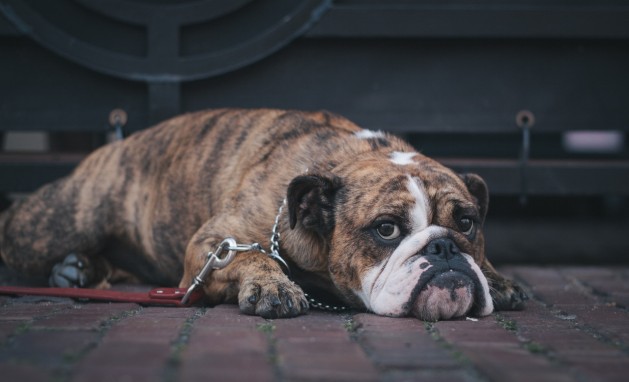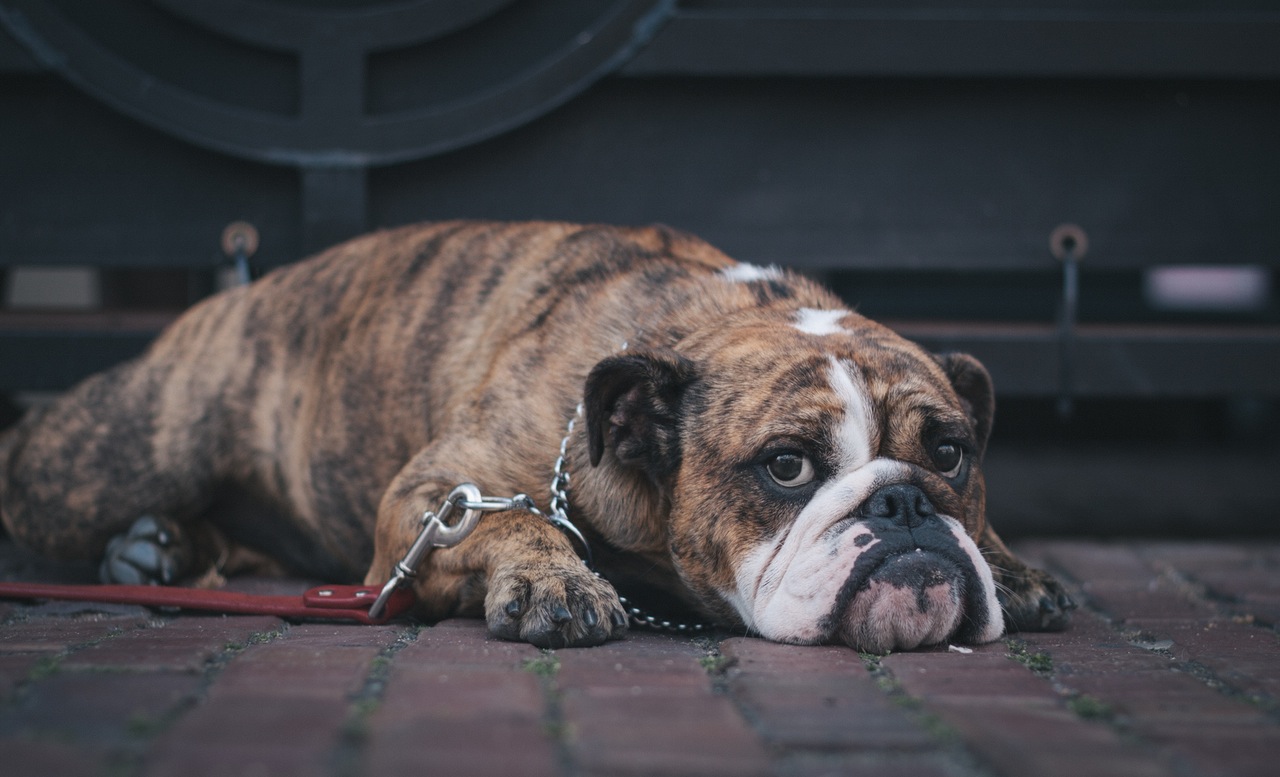
As a pet owner, you know that your pet has moods just like you do. Try cuddling up to your cat after leaving him alone at home for a week and you know the reception will be less than warm and fuzzy. Or see how different your dog treats you when you decide all his toys need to be replaced with freshly bought ones with that brand new smell. But when Fido is down in the dumps for a long time, or Sprinkles has lost interest in her catnip mouse, you might be wondering if it’s possible for your pet to get depressed in a similar way that humans do.
According to the North Shore Animal League, the world’s largest no-kill animal shelter and adoption organization, pet depression is a clinical, medical condition that exists. Though some of the causes of pet depression are different that what might cause depression in humans, many of them are the same.
Loneliness
Pets can fall into depression from being left alone for hours at a time. If you have a pet that stays at home all day by itself, he may start to feel lonely. If you go out straight after work, or don’t pay attention to your pet when you do get home, the feeling of loneliness can be exacerbated.
If you think your pet may be lonely, there are a few options:
- You could hire someone to pet sit and keep your pet company, perhaps bringing him out for walks with other dogs.
- You could get a second pet to keep the first one company. (Most pets are happier when there are at least two in a household.)
- You could give your pet to someone who is able to provide the attention it needs.
Change in Routine
Just like kids, pets thrive with routine. They are creatures of habit, and as an attentive and loving pet owner, you’ve probably noticed this firsthand. Cats, dogs and other pets fall into routines that are predictable, just as humans do. The difference is, when these routines change for humans, we don’t necessarily get depressed. Pets, on the other hand, can fall into a deep depression caused by underlying anxiety about the disruption in routine.
If you believe you can trace your pet’s depression back to a change in routine, the solution could be as simple as implementing that old routine again. Familiar routines help make pets feel safe and secure, just as they do with us. If that’s impossible, try to plan some new routines, and give your pet extra attention until they can get into the groove of a new routine.
Chemical Imbalance
Finally, just as with humans, pets can exhibit the symptoms of depression from a chemical imbalance. In many cases, this may come about from diet. However, there is the possibility that there is a biological chemical imbalance that can only be corrected with pet medication. Your veterinarian will have to judge.
Before jumping to any conclusions either way, take a careful look at your pet’s diet. Does it provide all the right nutrients that your pet needs? A change in food might make a difference. Otherwise, you may have no choice than to begin a treatment of medication.
You know your pet’s behavior traits better than anyone else. The best thing you can do for your pet is to pay attention. Notice them. Love them. And help them get through their depression the way they would help you get through yours.



